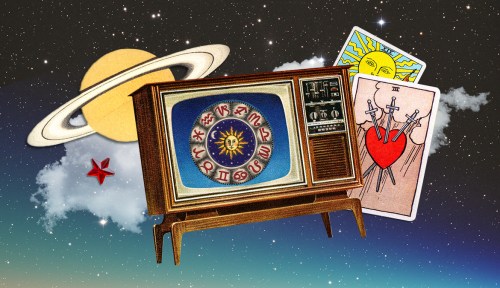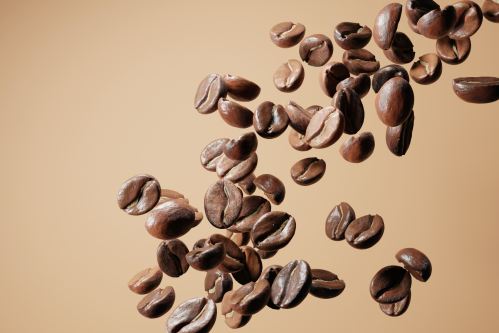Gas is like the common cold of gut afflictions: It’s pretty much impossible to avoid if you’re a human. And since it’s so ubiqutious, it can feel kind of embarrassing if you’re hit with a particularly severe case—you know, the kind that results in can’t-move, can’t-breathe, can’t-speak-in-full-sentences pain—and you end up in the emergency room, assuming it’s something way more serious.
Well, doctors want you to know two things. First of all, you’re definitely not alone. According to the U.S. Department of Health and Human Services, abdominal pain is one of the most common reasons why people show up in the ER. “In our department, we’ll probably see 30 or 40 of these cases a day,” says Mark Morocco, MD, an emergency doctor at Ronald Reagan UCLA Medical Center and professor at UCLA’s David Geffen School of Medicine. “But it will be the same at any hospital, whether it’s a trauma center or a small-town ER.”
The other thing they want to stress is that you likely made the right call by getting medical attention stat. “There can be some very serious diagnoses that have a similar presentation as gas pain,” says Reed Caldwell, MD, assistant professor in the Ronald O. Perelman Department of Emergency Medicine at NYU Langone Health. “In the physician’s mind, gas pain is a diagnosis of exclusion. For serious pain in your abdomen, we think about many other things before we arrive at gas pain.”
According to the U.S. Department of Health and Human Services, abdominal pain is one of the most common reasons why people show up in the ER.
This means that doctors start by ruling out conditions like appendicitis, heart attack, bowel obstruction, a parasite, or issues with your reproductive organs, depending on your specific set of symptoms. (And if your pain and bloating are accompanied by a fever, dizziness, shortness of breath, sweating, bloody stool, or an inability to keep food and drink down, you definitely shouldn’t wait to see a doctor.)
Once they’ve determined that gas is, indeed, the problem, your next question’s probably How do I keep this agony from ever coming back? Unfortunately, no one can make themselves completely immune, says Dr. Caldwell. “When normal bacteria go to work on the foods we eat, they can produce gas. It’s a very normal process that affects people variably,” he explains. “When you’re feeling gas pain, it’s because the tissues around the [gut] are distended, and this increased pressure is perceived as pain.”
Dr. Morocco adds that certain types of foods can create more gas than others—think beans, carbonated beverages, cruciferous veggies, and onions—and that food sensitivities or swallowing air (by, say, chewing gum or eating too quickly) can also result in gas, bloating, and stomach pain after eating. Sometimes acid reflux can even cause a burning sensation in your stomach and other uncomfortable symptoms. Constipation can also make it hard for gas to escape your digestive tract, which can be super uncomfortable.
Make no mistake: Though this may all sound innocuous enough, gas pain can be straight-up debilitating. “The nerves in the gut are exquisitely sensitive,” says Dr. Morocco. “It can really freak people out, but [it’s the doctor’s job to] reassure you that what you’re feeling is not going to hurt you and give you some tools to help you deal with it.”
If your gas pain’s chronic, this may mean a referral to a GI specialist, who can test you for things like lactose or gluten intolerance. Of course, giving up ice cream or pasta isn’t exactly desirable for anyone, but it sure beats trading your PJs for a hospital gown.
Gas is also a side-effect of air travel—here’s how 7 health pros avoid bloating in-flight. Plus, read about the one type of gas(sing) that you should actually look forward to getting.
Sign Up for Our Daily Newsletter
Get all the latest in wellness, trends, food, fitness, beauty, and more delivered right to your inbox.
Got it, you've been added to our email list.











